Part One
Our EDI journey
Projects we have developed to embed inclusion, each of which align with the short- and medium-term priorities of our EDI Plan.
Our colleagues were curious about the significance of EDI to animal welfare, and this led to the creation of a powerful video, outlining the links. The launch of our EDI Plan prompted the formation of more colleague networks, and a communications skills pilot. The Plan also provided impetus to engage with ‘yet to reach’ communities, as part of our mission to diversify and better reflect the communities we are part of.
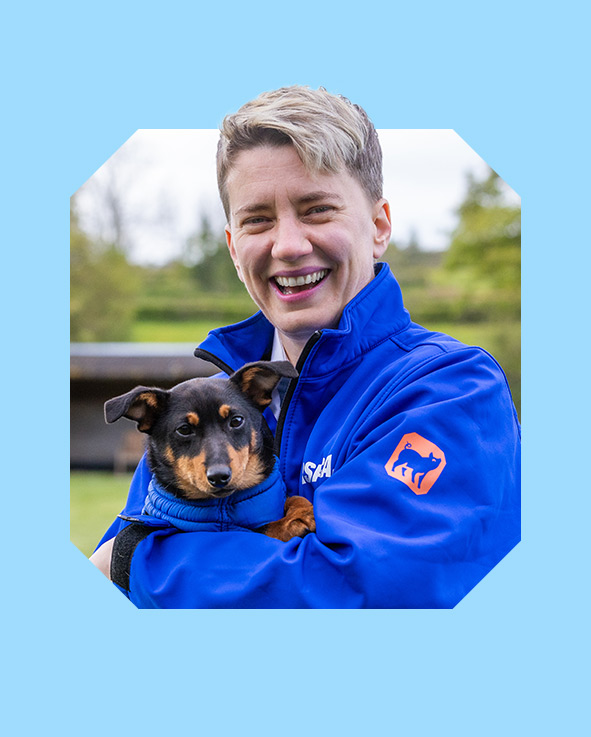
April - June 2023
EDI and animal welfare
When we started our journey we invited all colleagues to attend a series of listening sessions to outline our EDI vision and priorities, check their understanding of these, and hear from them about what matters.
Colleagues told us they supported the principle and practice of EDI, but wanted to better understand how this focus could genuinely improve the lives of animals. After the sessions we put out a call to other colleagues to share their insights. What emerged was a powerful collaborative video. It was the first ever RSPCA video output to include signing.
October 2023
Equity, Diversity and Inclusion Plan
We launched our EDI Plan in October 2023. The Plan’s vision closely reflects the vision for the RSPCA as a whole. Like our strategy Together for Animal Welfare, the Plan stresses the need for the RSPCA to be a more inclusive organisation, attracting people and building relationships as we seek to challenge stereotypes, share and learn good practice, and create a better world for every animal.
There is therefore a deep underlying commitment to building an inclusive culture that celebrates and promotes diversity, attracting, developing and retaining diverse and talented employees and volunteers who can make a positive difference to the lives of animals, and who truly reflect the communities in which they operate.
November 2023 - April 2024
Effective communication
Our colleagues asked for: bespoke, individual coaching to develop a more confident, assertive meetings style; help to deal with 'challenging’ team dynamics; help to engage more effectively in difficult conversations with colleagues (which includes how to give bad news); interview practice skills; and more. Working with the Learning and Development team, we commissioned a communications skills pilot to help address these needs.
We had 100 percent positive feedback from a pilot of 60 learners so we made plans to embed communications skills as part of our Learning and Development offer
“Presentations terrify me. I need to go for long walks a week before one comes up.”
“I’m seen as too blunt, too direct and don’t get the best out of people. My listening skills need improvement.”
“The vocal ones control it all and it ends up with nothing getting done. They just talk over each other anyway.”
“I’m being manoeuvred and obstructed by these people who are highly resistant to change and listening to new ideas.”
“It was incredibly helpful and insightful, and I came away feeling very inspired and uplifted. Yesterday reminded me that it’s not enough to ‘want’ to be better at something – being better means putting in the effort to learn how to be better at it.”
“I didn’t quite know what to expect, but you leapt straight in and asked for an example of something I needed your help to communicate. And boy, did I need help! You listened patiently to the first faltering attempt, proposed a change of approach and tone and explained why, then set me off again. Suffice to say, it took a few attempts, and I was way out of my comfort zone by then. But you kept the feedback constructive and in bite-size chunks which meant I could understand and try to deploy it, with significantly clearer comms and an identifiable task resulting. So, you’ll be delighted to hear, I deployed my new skills with a senior leader and it went well. I felt more in control of the conversation and more positive throughout and we’re over that first hurdle. Result!”
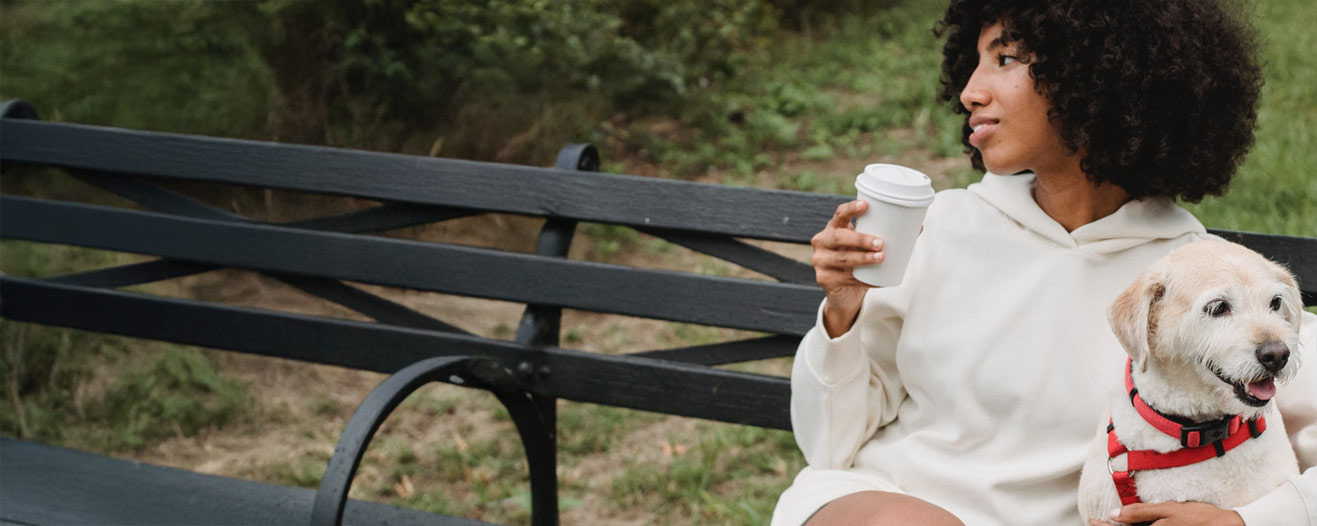
November 2023 - April 2024
Minority ethnic audience research
To enhance animal welfare, we need to more closely reflect the communities we are part of. We recognise that we are particularly under represented with regards to minority ethnic communities, and that we don't fully represent the populations of England and Wales. In response, we took part in an animal sector study, which focused on the views and perspectives of minority ethnic audiences. The study found that the RSPCA is trusted, renowned for its animal welfare work, and seen as ‘inclusive’.
The challenge for us was to understand why trust, affinity with the RSPCA's mission, and optimism about the future of animal welfare, was not tangibly translating into more volunteers, donations and employment of people from minority ethnic groups. Follow-up research has provided valuable insights. The findings are shaping a consistent, RSPCA-wide approach to engagement, the content of our RSPCA for Everyone recruitment webpages, and also laying the foundations for an education and training programme targeting thousands of schools and community colleges.
Research participants in their own words
“I still eat meat but I am more conscious of the amount I consume...I'm conscious of where it comes from, how it's been produced.”
“I've never heard of a, I don't know, like a charity dog walk...if there was something like that and my kids heard of it, then I promise you I'll be there...And then we'd be giving, or we'd be raising money or something. You just don't see any Asians or...black people...or ethnic minority in their group. It seems like a white company type thing. Do you know what I mean? I don’t know why.”
“Everyone has their own person that they follow...I'm into comedy...So, if I see someone like Guz Khan [British Asian comedian and actor] for argument's sake, Asian, young, quite in the time. I don’t know if he likes animals or not but you can listen to him and you’re like: “That's who I’ll follow...And I know he's got a nice view of everything and that as well. So, he’s not just all one-sided.”
“I think once you spend enough time with animals you realise that they have feelings, they have emotions, they can feel happy, they can feel sad, they can feel frightened. And when you realise that, you think to yourself, well, it's just the same as a human.”
“The RSPCA saying things like they want to solve bigger problems, different ways of working, so they’re exploring different ways of doing things. They're saying a wealth of different life experiences is good, be yourself, which is great to hear.”
“The RSPCA needs to be more active in the community. And just try...and include mosques and churches and synagogues and all the religious places of worship, schools and scouts and things like that. I think it's a shame, because the RSPCA do a lot of good, and they could do a lot more if they were just more active.”
“One thing that's missing, I think that there should be a little bit more in terms of the outreach work going into schools, getting the kids early. I can think of certain experiences that I've found so enchanting as a child that stayed with me for life. And I think if they're to resonate with the next generations, that's what you have to do. Most kids love animals and it's a bridge to connect them to that. And I'm actually hopeful that it will help to create more responsible pet owners in the future generations as well, because I think this nation still has a problem with that.”
February - April 2024
Colleague networks
Our RSPCA colleague networks bring together individuals with a shared interest in advancing a topic, either as a member of a group that shares a personal characteristic (such as their religion) or as an ‘ally’. Our networks are also helping to grow our aspirational culture: to be more inclusive, open, forward-thinking, and empower people to build trust through collaboration. This in turn means we can do more to improve animal welfare. Following the launch of our EDI Plan, colleagues asked for three other networks to be established, alongside the already existing LGBTQ+ (formerly Umbrella) Network.
299
Is the total number of network members at 1April 2024, with roughly one-third a member of more than one network.
A separate carers’ forum
Feedback was shared about the needs and experiences of carers differing from parents/guardians. It was agreed that a new network focused on carers will be created, with both networks open to everyone.
Strong feelings of ‘psychological safety’
Google Spaces are being used to share personal experiences and good practice. People report feeling safe to share very personal information openly, despite not necessarily knowing colleagues.
Making change happen
A confidential survey found that our LGBTQ+ Network members did not feel their identities were being accurately represented on our personal data platforms. Following network feedback, some ‘How would you describe yourself’ categories have been changed, and others added. New job applicants will also benefit from the fuller range of options.
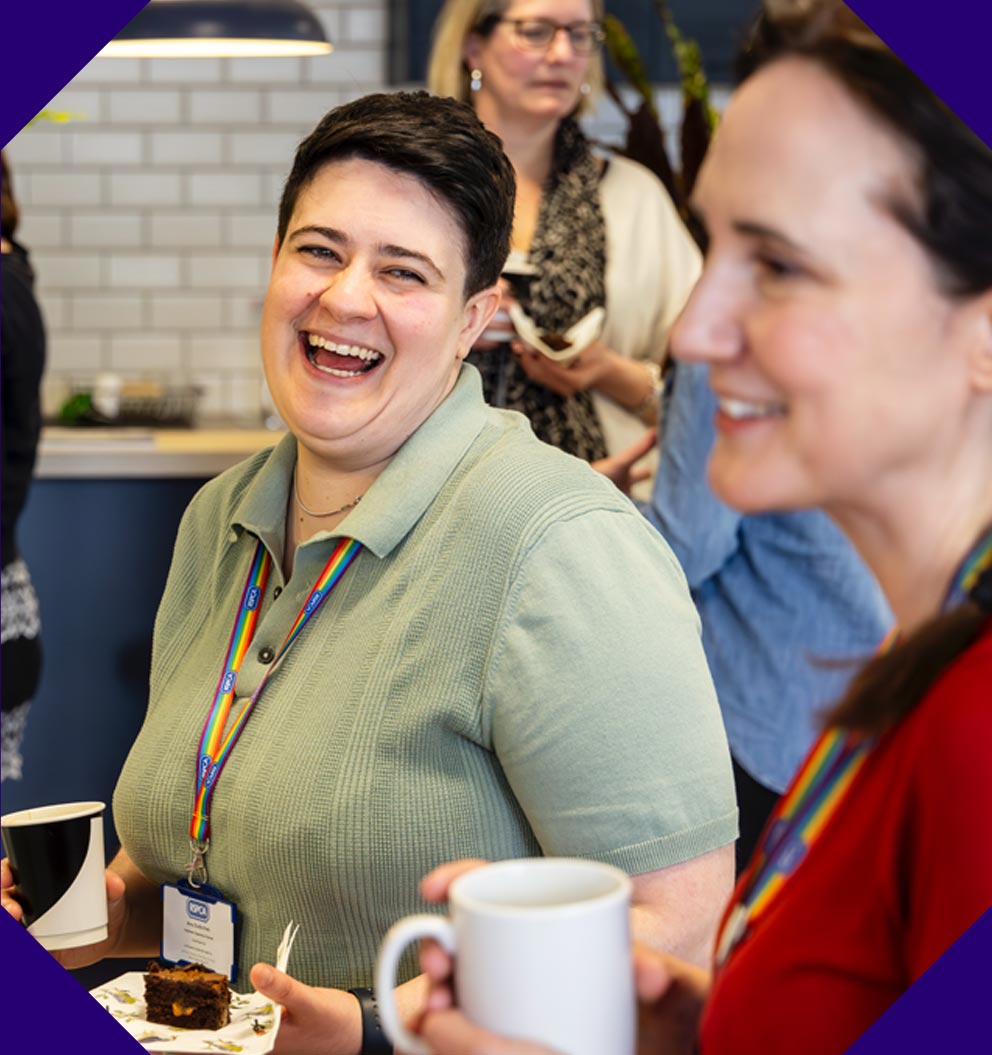
Our networks
Our Chairs and Sponsors keep it real and connected, by meeting together quarterly, sharing strategic and other updates across each others' networks, and feeding back to our cross-directorate EDI Steering Group.
LGBTQ+
Chairs
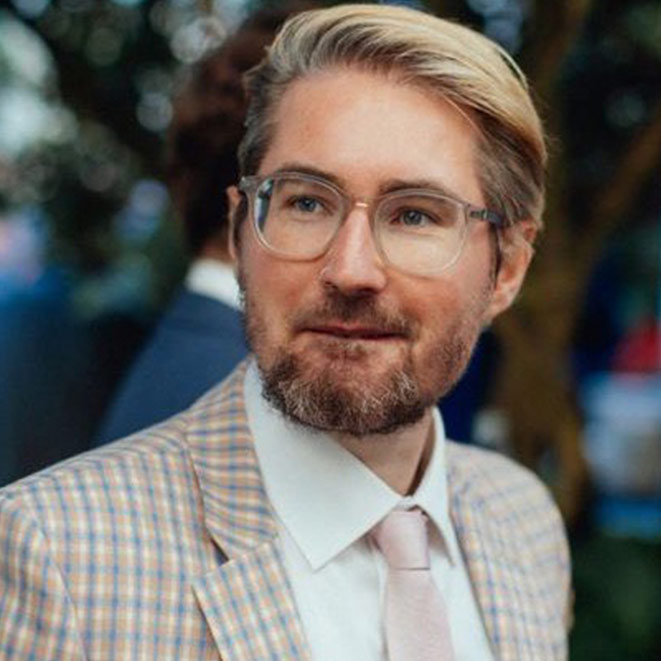
Dan Powell
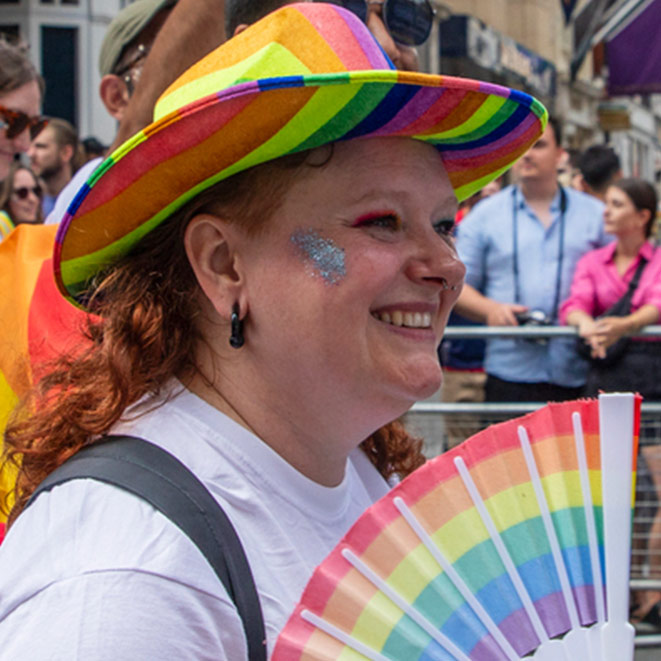
Xenia Kingsley-Gibbs
Senior sponsors
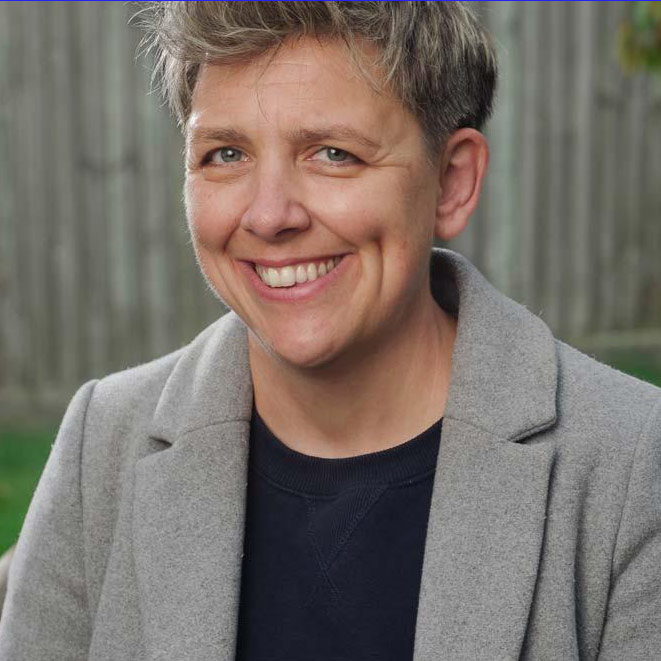
Cassie Newman
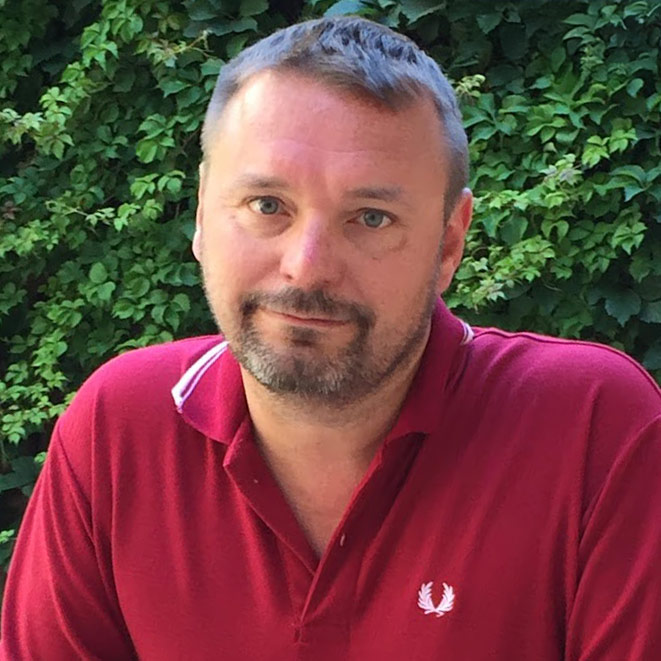
Jeremy Gautrey-Jones
Women's
Chairs
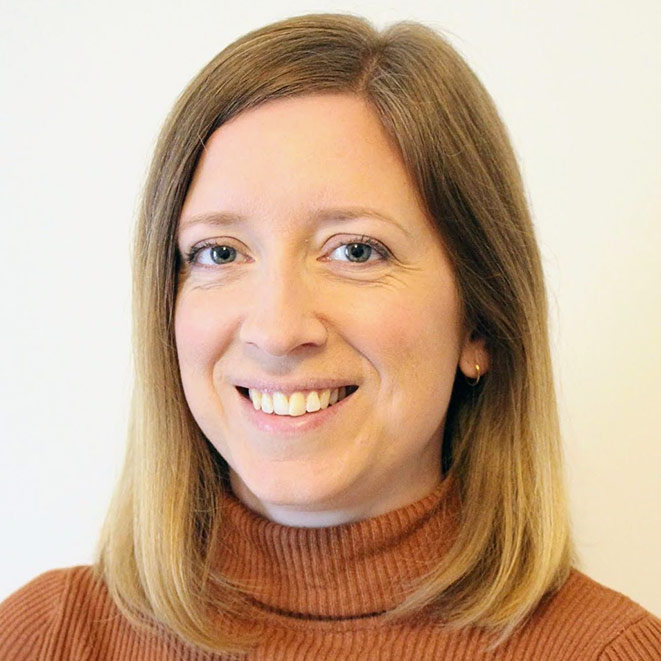
Sophie Collins
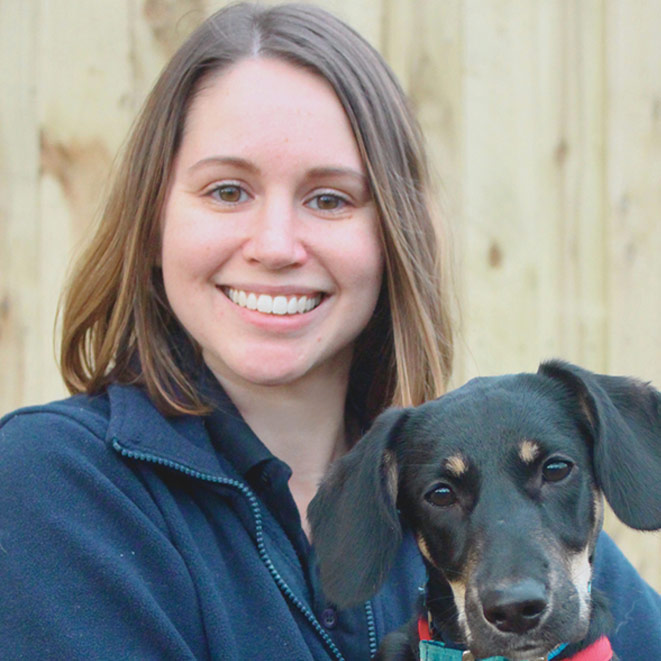
Pam Whiteside
Senior sponsors
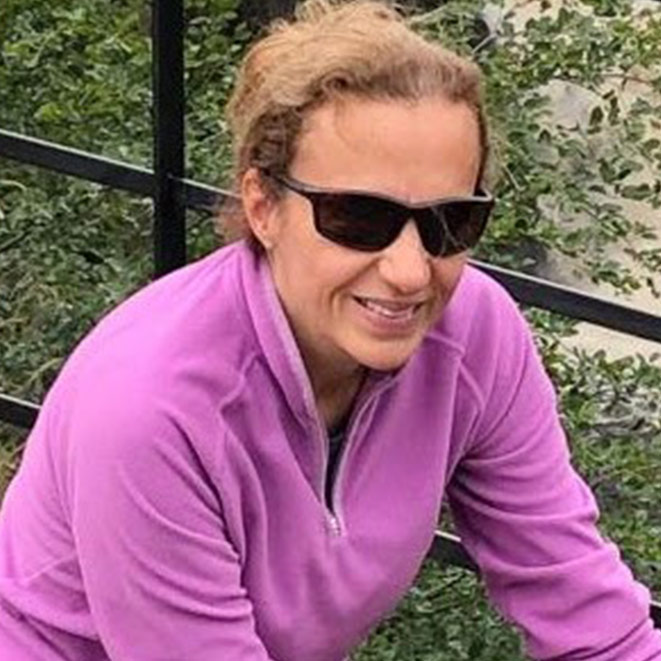
Caroline Allen
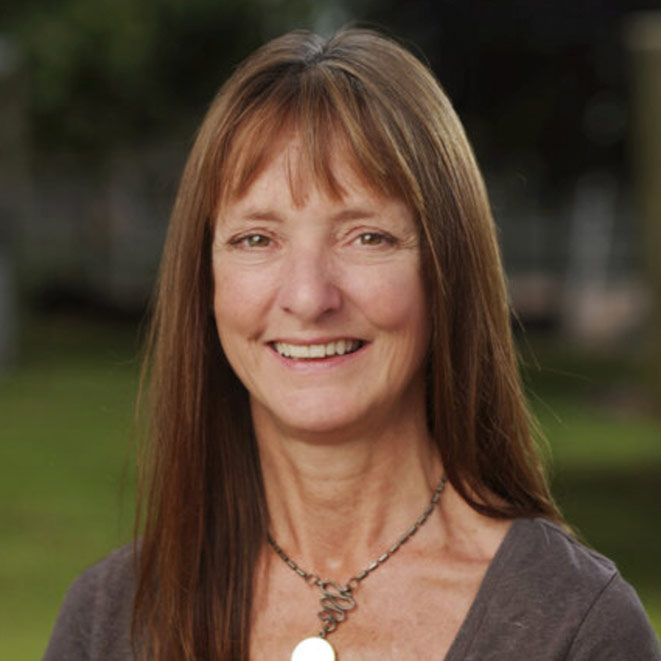
Tracey Pritchard
Parents and guardians
Chairs
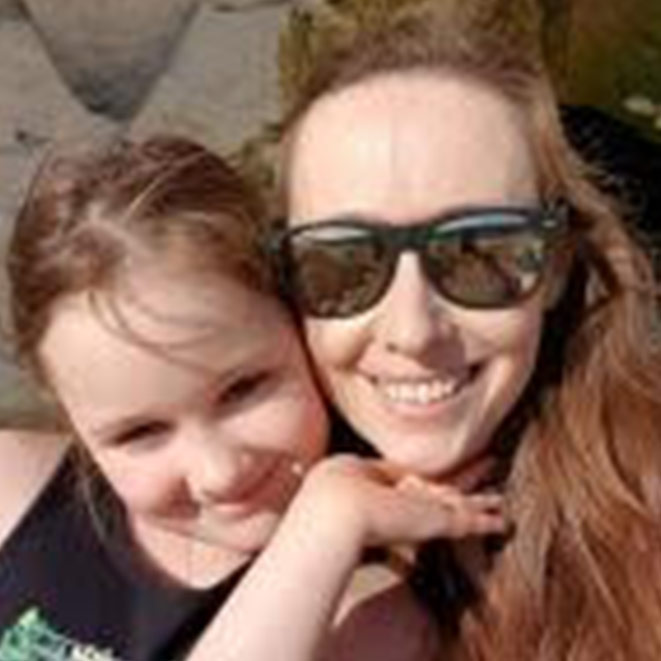
Ros Clubb
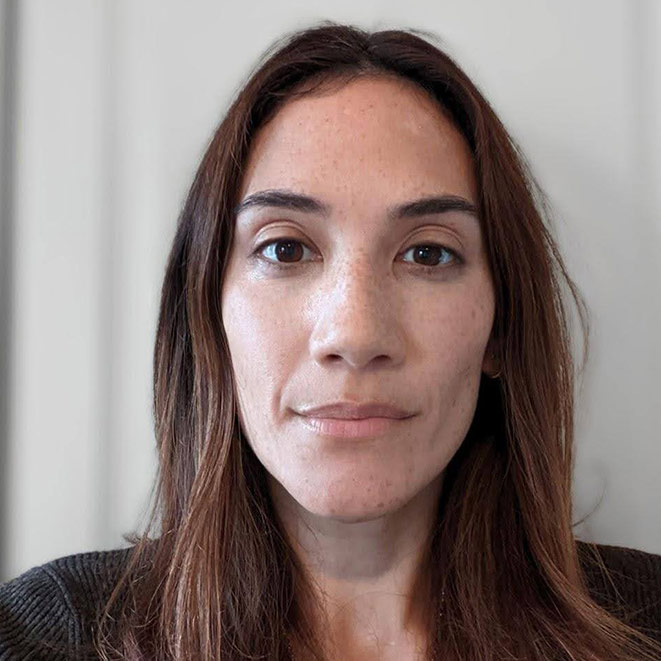
Sakura Anderson
Senior sponsors
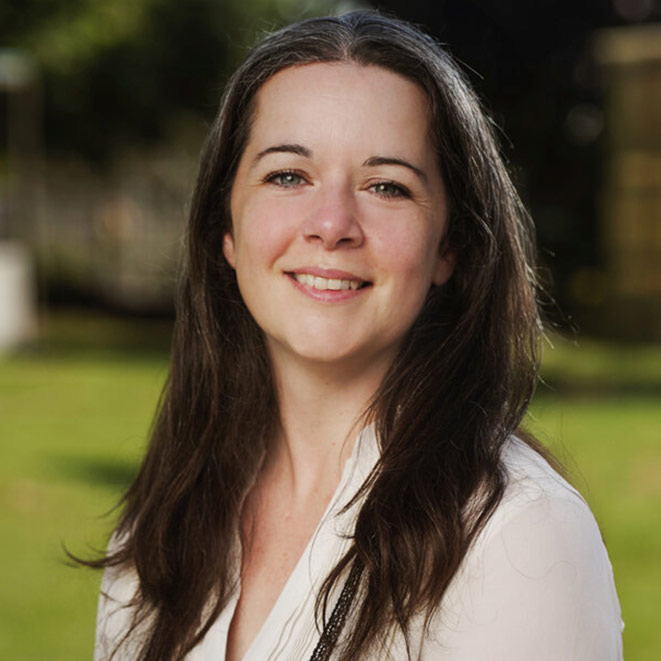
Emma Slawinski
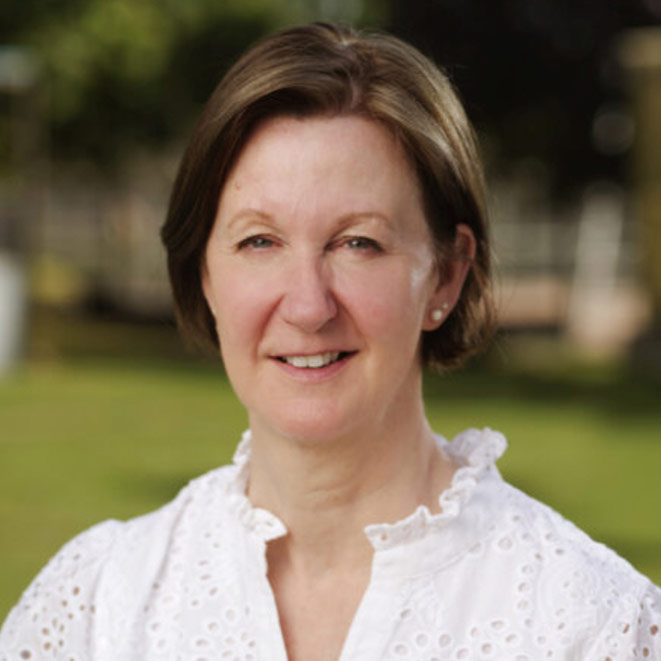
Tania Hudson
Neurodiversity
Chairs
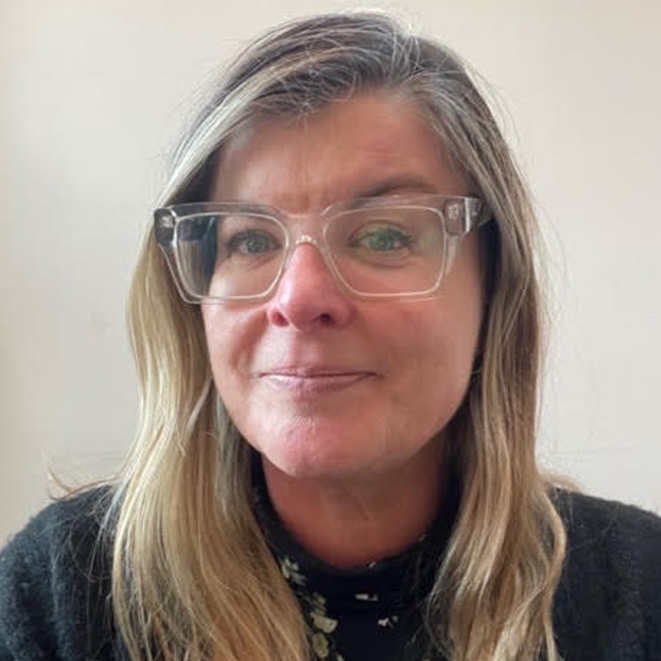
Jo Goring
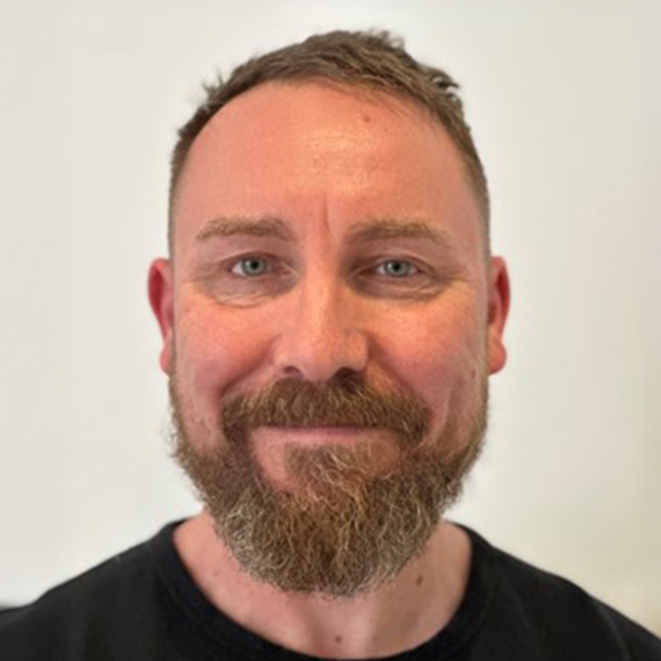
Neil Scott
Senior sponsors
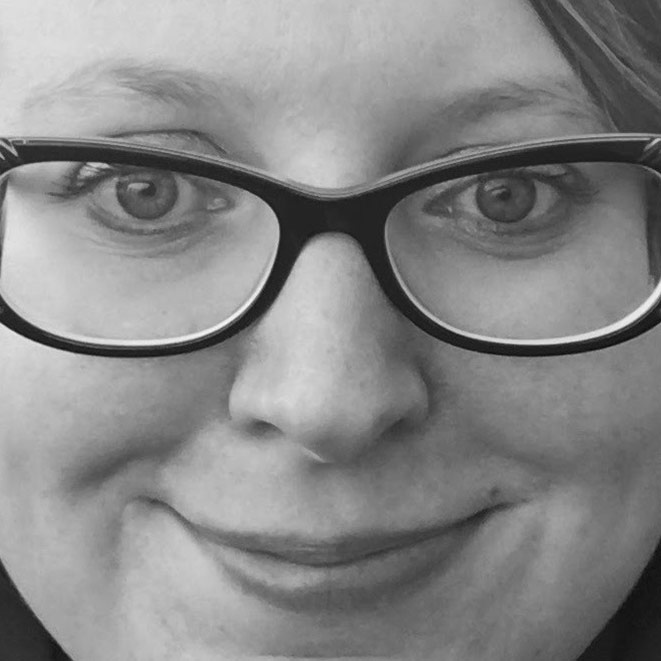
Gemma Hope
Other EDI highlights
Celebrating neurodiversity
HR Apprentice Verity Larard attended the the cross-charity panel as part of Neurodiversity Celebration week. She joined representatives from Battersea, Blue Cross, Cats Protection, Dogs Trust and PDSA to discuss their experience with neurodiversity in work and life. Watch the recording and see the answers to the questions the panel didn’t have time for.
I just want to say a big thank you and well done to all panelists for speaking about their experiences in this event. It’s so inspiring to hear from these incredible individuals who’ve achieved so much. It’s touching to hear their stories and it’s so wonderful to celebrate how everyone’s brains work differently.
London Pride 2023
We’re dedicated to being a place where LGBTQ+ people can openly be themselves. Celebrating Pride and supporting our LGBTQ+ community is part of our commitment to being an inclusive charity and to honouring our diversity.
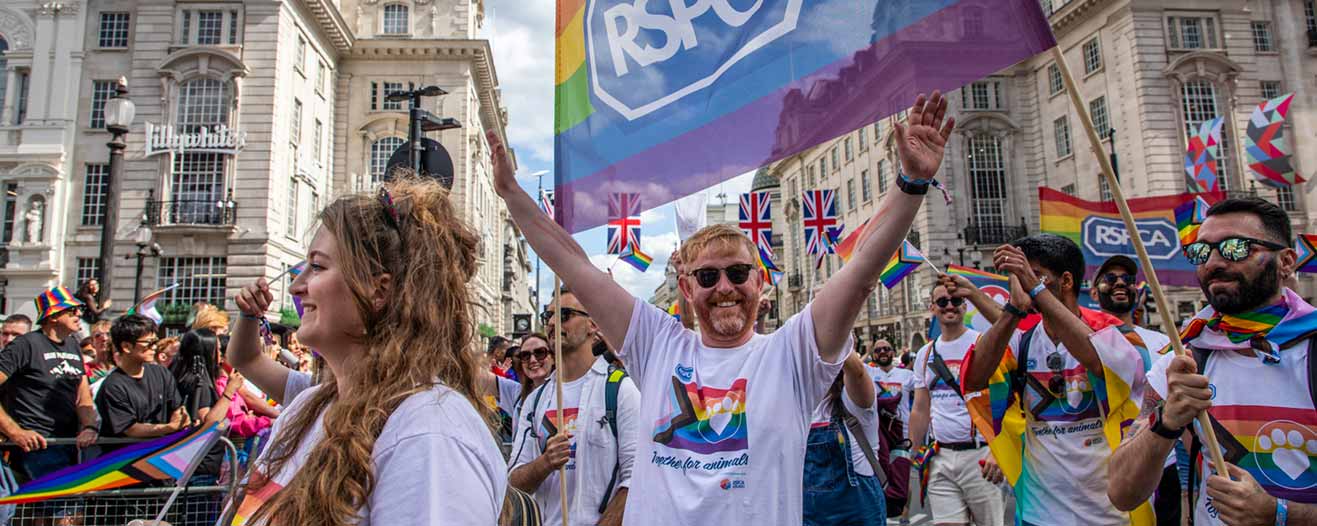
10,000 Black interns programme
Working with the 10,000 Black Interns foundation, we welcomed seven interns across different teams who started their three-month internship at the beginning of June 2024.
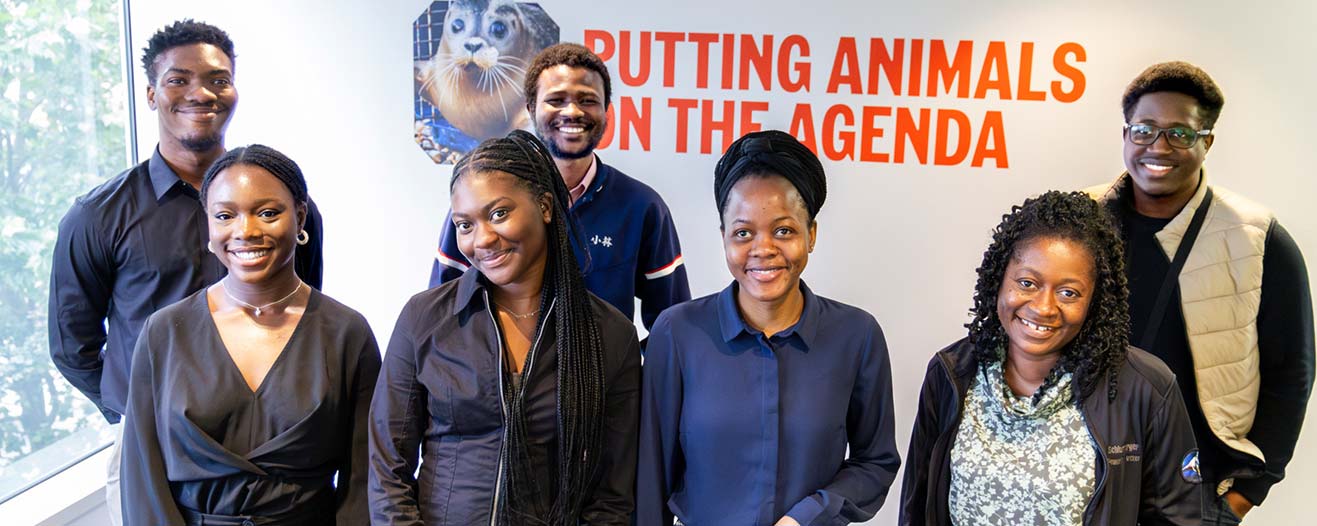
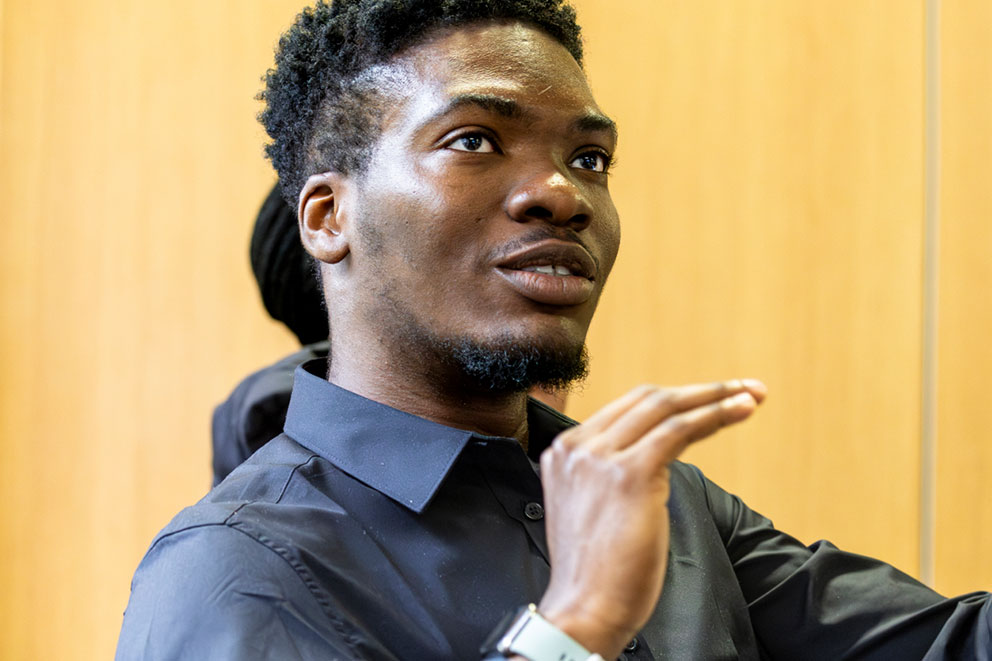
Coming to the RSPCA was an incredibly heartwarming experience. I felt genuinely welcomed by everyone, making my transition seamless and stress-free.
Industry partnerships
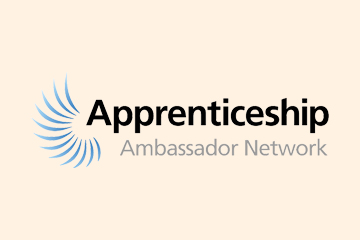
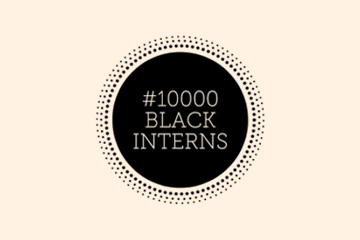
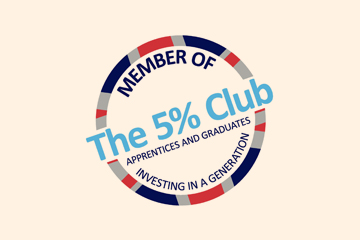
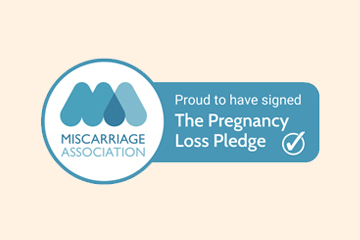
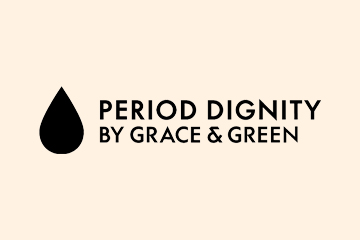
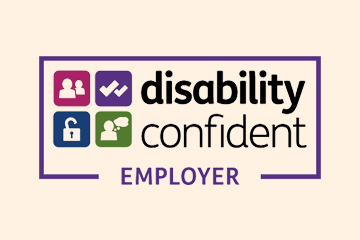
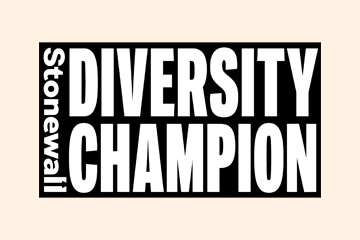
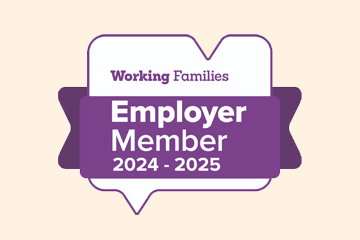
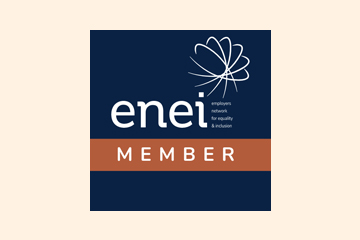
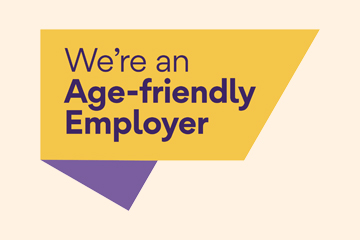
Previous Page: Inclusion & our brand
Next Page: What ED&I means to us